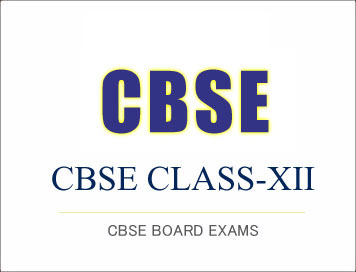CBSE 2017-18 Syllabus Class-12 : Theatre Studies
Disclaimer: This website is NOT associated with CBSE, for official website of CBSE visit - www.cbse.gov.in

CBSE Class-12 Syllabus 2017-18
Subject: Theatre Studies
Rationale
All children play. Throughout the world, in all cultures, children play. Throughout recorded history, children have played. In playing, children learn instinctively; they do not need a teacher. Children’s natural capacities and capabilities in playing are what the drama/theatre teachers in schools exploit and extend in their programmes of study. Just as prehistoric communal rituals and celebrations are the roots of contemporary theatre, so early childhood play is the root that the teacher nurtures and helps to bring flower in the teenagers’ independent creative work in theatre studies: as actor, director, writer, designer, technician and critic. It is a journey that moves from illiteracy and oral traditions to the literacy and sophisticated communications of modernity; to the understanding that theatre studies open up a wide choice of worthy career options. In a sense, theatre’s syllabus can be put in one word- life. There is no aspect of life, no topic that theatre will not attempt to come to terms with and render creatively. In fact, it becomes the site for many other ‘subjects’ to be brought together, enabling students to see the links and connections between different areas of knowledge. Theatre is participatory and democratic in its methodologies, requiring teachers too to participate in its activities along with the children and to foster a more intimate relationship with them than
a regular classroom teacher usually has. There are no easy answers to many of the problems that are confronted in a drama class, and students are expected to hold and express a variety of opinions on any given topic, and to seek their own solutions to problems.
CLICK HERE TO DOWNLOAD
Courtesy: CBSE